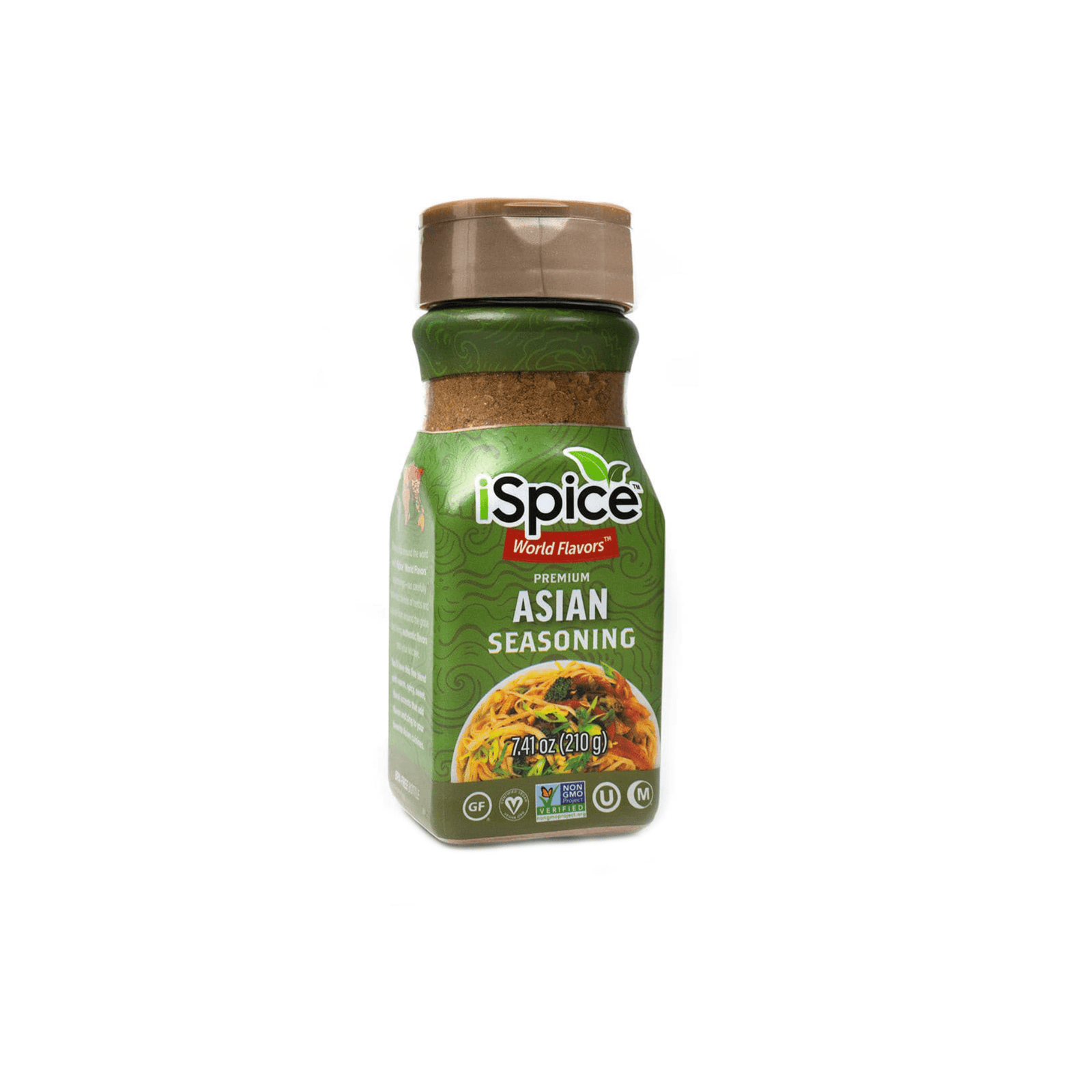Star anise has a mild a fragrant licorice flavor. Max Falkowitz at Serious Eats describes it as having a “luxurious headiness along subtle sweet and herbal notes.” The pod from an evergreen seed that looks like an eight-pointed star adds essential flavoring to popular dishes from several cultures. It is one of the signature flavors in Chinese five-spice blends (along with cloves, cinnamon, Sichuan pepper and ground fennel seeds), Vietnamese pho, biryanis and Chinese chicken, seafood and vegetarian dishes.Beyond the kitchen, star anise is a vital component of the influenza-fighting drug Tamiflu. The oil produced from star anise contains thymol, terpineol and anethole, which are used for treating cough and flu. Anise also helps improve digestion, alleviate cramps and reduce nausea. Consuming star anise tea after meals helps treat digestive problems including bloating, gas, indigestion and constipation.The star-shaped spice originated in China. The literal Chinese translation for star anise is “eight points,” for the eight points on the plant, which the Chinese believed would bring good luck.
Alert: While spices can have many beneficial properties for health, using them for medical purposes should be done under the guidance and supervision of a healthcare professional or specialist. Some spices may interact with medications or cause adverse reactions in certain individuals, and it is important to use them safely and appropriately. If you are considering using spices for a medical condition, it is important to consult with a healthcare professional before doing so.
| |
Benefits of Star AniseSome research suggests Star Anise may have the following benefits:
|





















































